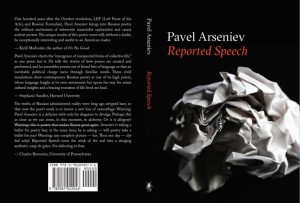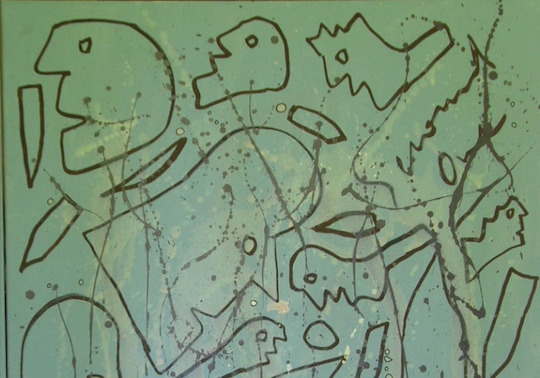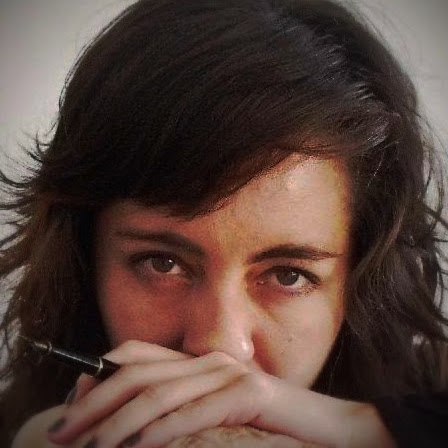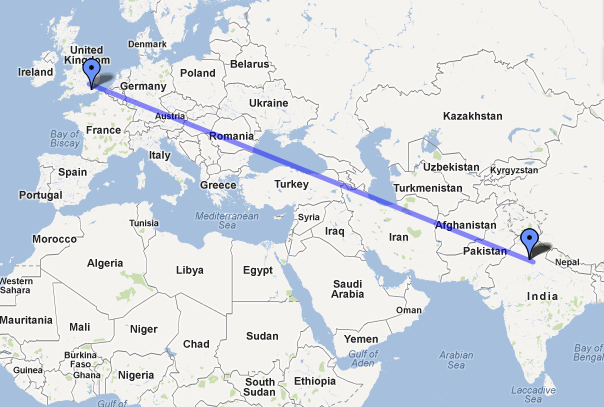
Reported Speech by Pavel Arseniev, Cicada Press, 2018
Reviewed by Paul Worley, Editor-at-Large
I tell my students that literature does things, but I prefer to do so in even less polished terms. From a more abstract perspective, I see current attacks on the humanities (especially literature) in the United States and elsewhere as being so vicious precisely because of the fact that literature does do things. It changes how we, as humans, relate to and understand others, as well as ourselves.
That said, there are moments when I profoundly doubt this. For example, I was recently discussing the fabricated crisis at the US-Mexico border and Trump’s wall with someone I had just met. During our discussion, this person informed me that Stephanie Elizondo Griest’s nonfiction All the Agents and Saints: Dispatches from the US Borderlands, a work that gives a nuanced, highly sensitive portrait of the US-Mexico border, actually serves to justify that border’s further militarization. It was like being told by someone with a very serious face that Shelley’s “Ozymandius” is a laudatory poem on the subject of indelible human achievement or that Swift’s A Modest Proposal provided a brilliant roadmap for the betterment of the Irish economy. And yet, even when my doubts about literature and its power dominate my thoughts, events like the murder of Iraqi novelist Alaa Mashzoub snap me back to reality. Literature matters, so much so that in other parts of the world literature can get you killed, even as I safely type this up in my home in the United States. Perhaps this will soon be the case here, too.







